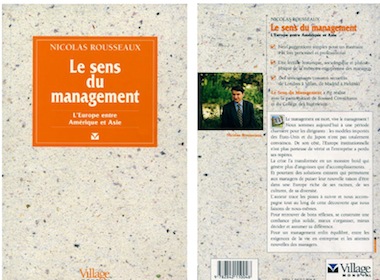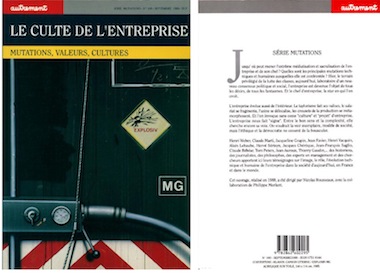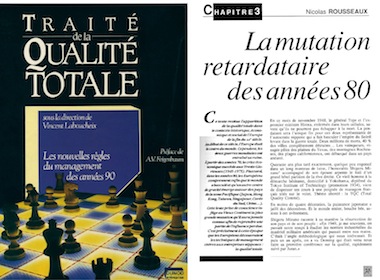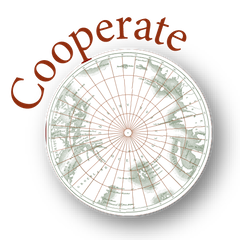Le sens du management with Village Mondial publishers
Nicolas Rousseaux
The meaning of management
Europe between America and Asia
- Nine simple recipes for a personal and professional journey
- A historical, sociological and philosophical interpretation of European management memory
- Real-life experiences collected from London to Milan, from Madrid to Helsinki
The Meaning of Management has been produced in collaboration with Boissard Consultants and the Collège des Ingénieurs [College of Engineers].
Management is dead, long live management! Today, managers have reached a turning point: management models imported from the United States and Japan have not really worked. European institutions no longer have a monopoly on truth and businesses have lost their way.
This crisis has transformed Europe into a cold-blooded monster that gives rise to more anxiety than accomplishment.
And yet Europe’s very roots, culture and diversity provide a rich vein of solutions from which managers can mine their new raison d’être.
The author traces the paths to follow and accompanies us throughout a journey of discovery that we make for ourselves.
On that journey, we discover good responses, gain a more robust confidence, organize more efficiently, make better decisions and realize our differences.
All of which leads to a style of management that is far better balanced between the demands of corporate life and managers’ new expectations.
Village Mondial ISBN 2 84211 0048







